Building Bridges: Engaging Students Through the Power of Relationships
April 2, 2025, 9 a.m. - 12 p.m.
Teaching is much more difficult than it used to be. This lament is common among teachers and administrators. Sometimes this sentiment is founded on mounting paperwork and professional responsibilities. Other times, it is a result of the ever-changing bureaucratic requirements of the job. But the most common reason for this complaint is student behavior. When examining the causes for unruly student behavior that hinders academic success, several factors deserve scrutiny. A majority of the research on school discipline suggests that poverty, lack of social skills, lack of parental involvement, disintegration of family structure, television and media, and students’ home environments contribute to disruptive behavior Because these factors are beyond educators’ control, it is easy to point to them whenever disruption festers in classroom settings and when a negative school climate persists after failed attempts to repair it. These are powerful factors to overcome. Educational research has revealed that the most effective methods involve authoritative counseling and building relationships with students. Ample research and numerous publications also indicate that building relationships with challenging students is key to improving behavior and promoting academic success. This workshop discusses the characteristics of at-risk students and the difficulties they face in building trusting relationships with adults in school settings. As a result of attending this workshop and engaging in discussions, participants will be able to employ strategies necessary to build meaningful relationships with at-risk students. Participants will also be able to decode the true meaning of behavior displayed by at-risk students in order to prescribe the correct intervention to assist them in being socially and academically successful in the school environment.
IPA will deliver this ONLINE training through Zoom. To participate in the virtual workshop, you must have Internet access, a web camera, and a microphone.
You will receive the Zoom training link, handouts and detailed instructions in the registration confirmation from netforum@ilprincipals.org. If you don’t see the confirmation in your inbox after registering, please email workshops@ilprincipals.org.







 Aspiring
Aspiring Launching
Launching Building
Building Mastering
Mastering






